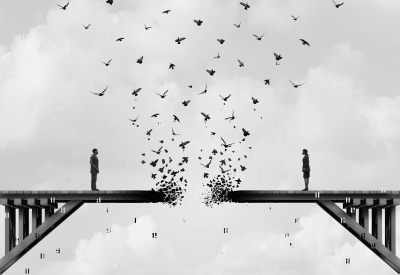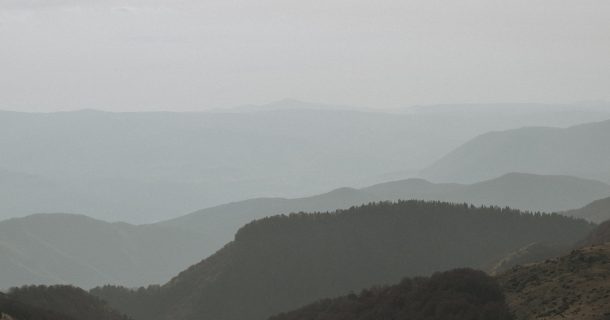The essay below was published in Still Standing Magazine in July 2020. I’d been thinking about bereaved fathers this past spring—particulary in June when Father’s Day hit. For Her Father is the result. I’m grateful to be in a peaceful place so that I could write an essay like this one.
For Her Father
Sixteen years ago, my full-term baby—my only child— was born still. Shortly afterward, I had a miscarriage, but the ache for my daughter was all-encompassing, diminishing my capacity to mourn any loss beyond her, even for the 13-week fetus who’d come and gone six months later.
I’m childless and a bereaved mother who never experienced the joys and trials of motherhood; I only imagined and observed them.
As one must do after a loss, I eventually picked myself up, walked forward, and moved my life in new directions. Time soothed the grief, though it will never come to a full stop. I expect that unexpected bursts of sorrow will find me for the rest of my days.
But that’s okay. I’ve lived long enough to know that our human hearts keep regenerating if we allow them to, and moments of sorrow are flanked by moments of joy, happiness, and delight. My life is good, and I’m okay.
I wonder if he is? The father of my child.
Good relationships buckle under the strain of losing a baby; weak relationships collapse. That was our story. We had not been strong enough to endure our double-punch losses, and we’d parted ways before reaching our daughter’s first birthday—aka the day she’d died. The flimsy stitches holding us together unraveled in our last months, and we ended our union with utter certitude. I marked her first birthday without him, and recall that in addition to lamenting my daughter’s absence, I felt guilty that her father and I were unable to grieve as a couple.
We were failing at parenthood, even in her death.
For years, I’ve navigated my daughter’s birthday and Mother’s Day with rituals that comfort me. I sometimes indulge my imagination with scenes of an alternate life where my daughter is growing up beside me. There she is on my lap, her chubby toddler fingers gripping a sippy cup while I read her a favorite book. Or, I watch her squeal with pleasure when she finds a dollar bill left by the tooth fairy. Or, I cook her favorite dinner while she plows through her homework at the kitchen table. Or, I ask about her favorite part of the museum, play, or concert we’d attended together.
Like me, her father is sentimental and very much wanted to be a parent.
I wonder how he’s stayed connected to her? What is her birthday like for him? What scenes of an alternate life with his daughter has he conjured over the years? Perhaps he’s imagined her growing up beside him in his garage, surrounded by tools that he wields to build and repair anything. He shows her how to fix a leaky faucet, build a deck, and remodel a kitchen. He buckles her up in his truck, and off they go, picking up lumber at the hardware store, selecting young trees to plant in the yard, singing along to his country music as they dash about town.
During our pregnancy, he and I joked that our daughter would have temperamental whiplash because we were so different. We’d already assigned each other roles in our family picture: I’d nurture her intellectual curiosity, and he’d give her practical life skills. She’d have a book in one hand and a power drill in the other.
Our daughter inexplicably died while we awaited labor, shattering our hearts and the picture of our future family. Her death broke us, too. We’d clung to each other in the early months as we made our way through the raw pain. But once we found our footing, our differences seemed to expand in her absence, and they ultimately drove an intractable wedge between us.
Without a baby to join us in our prepared nest, her father and I flew off in separate directions.
Where exactly he landed and what his life looks like now, I do not know. But of one thing I’m sure: we will be connected, through our daughter, forever. Despite our sad ending, he deserves a nod of appreciation. For me, our daughter’s birth and death reoriented my way of being in the world for the better: greater compassion, more profound appreciation for nature, simpler values. I’d so wanted to be a mother in the fullest sense of the word, but I’m so grateful for the gifts I’ve received without her. Inextricably linked to these gifts is her father.
I hope the years have been kind to him, and that time transformed his sorrow, too. I like to remember what drew me to him when we’d first met: his gregarious heart, creative ingenuity, and wry wit. Perhaps now, these very best parts of him radiate in all he does. And maybe he knows that these are the very traits our daughter would have loved in him, too.

